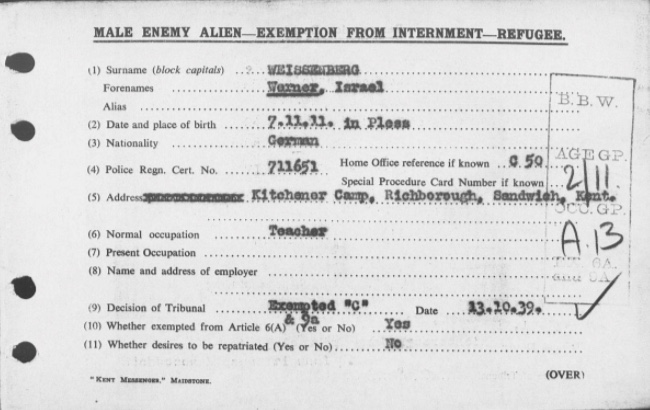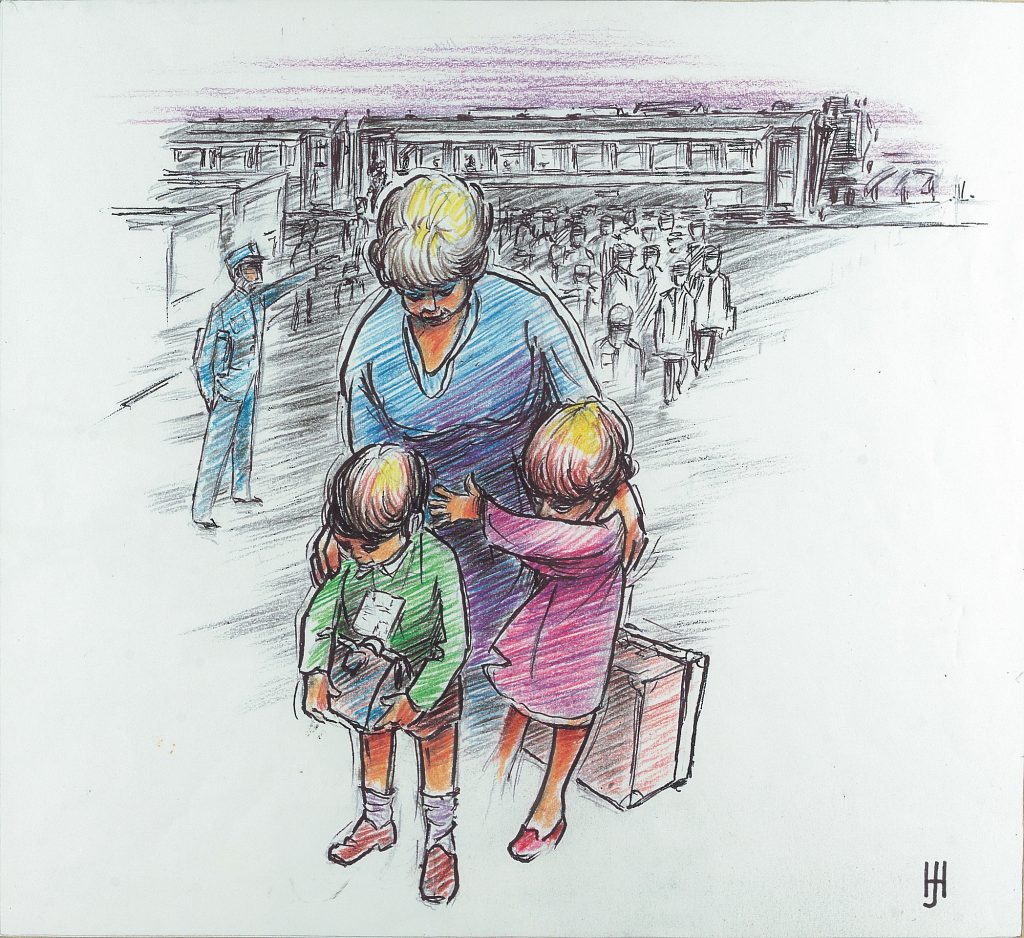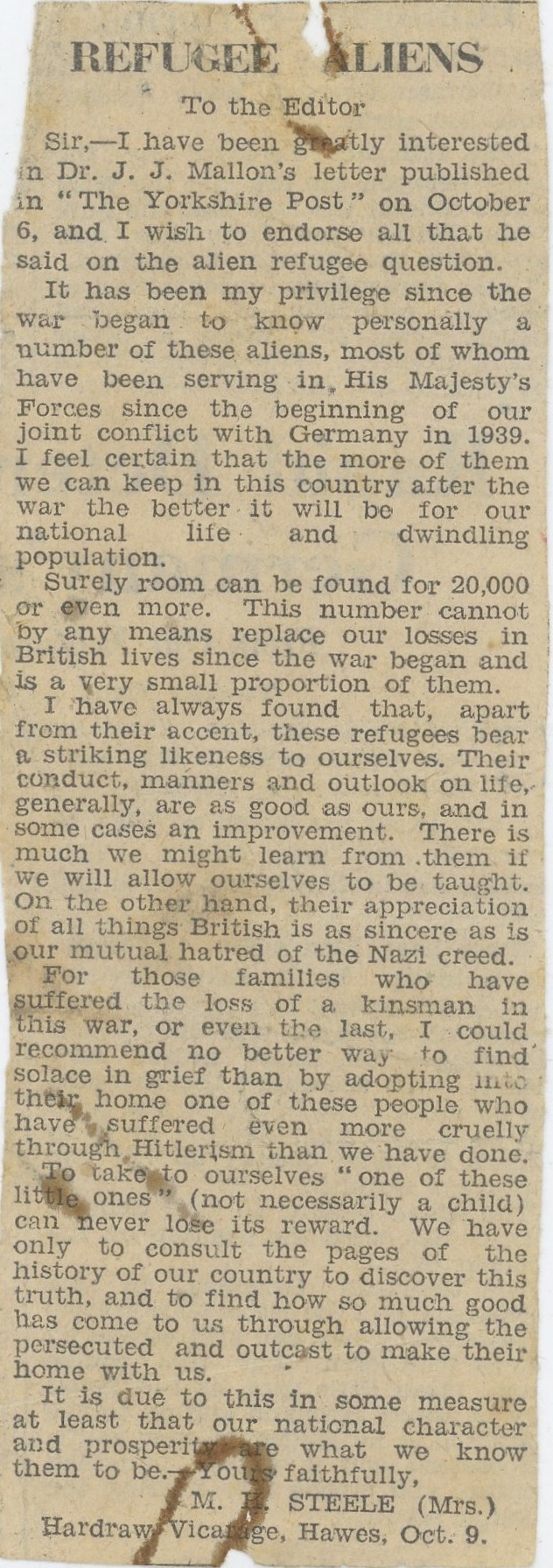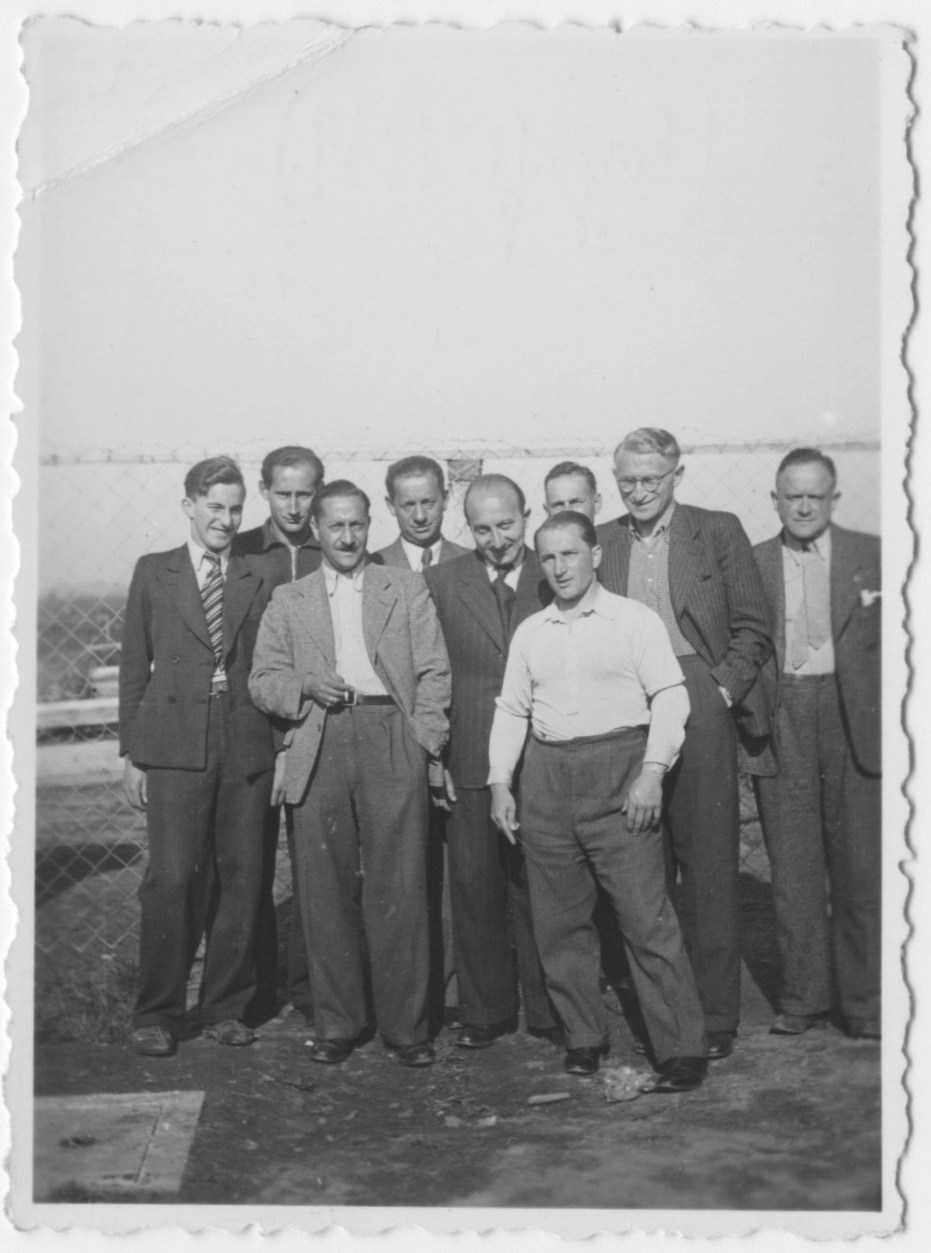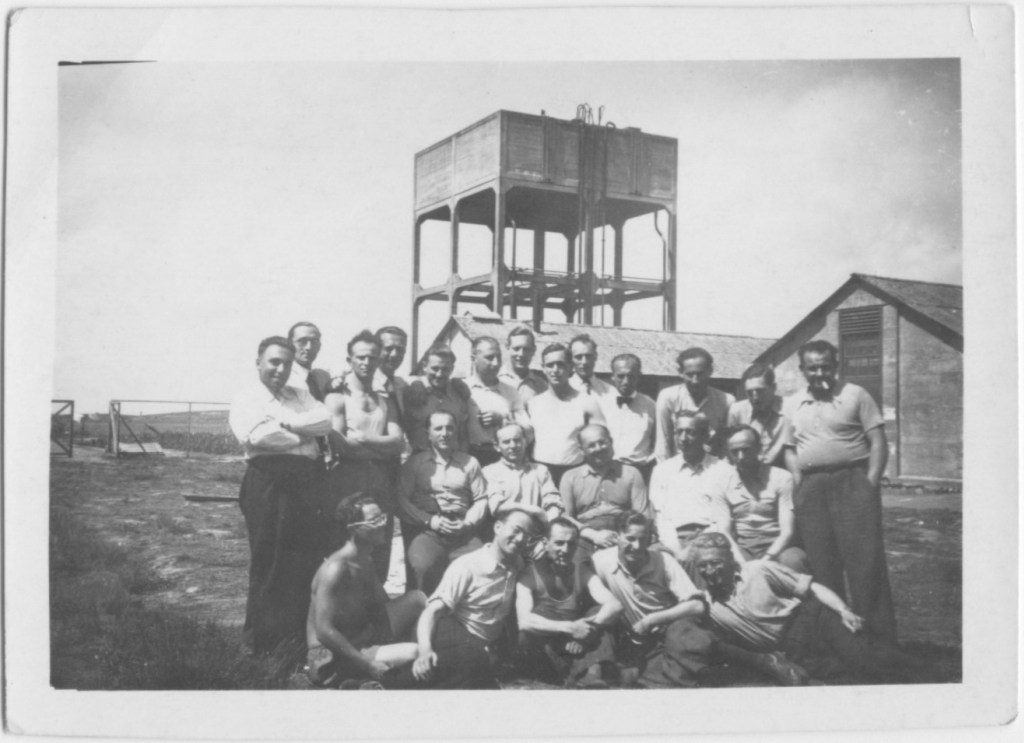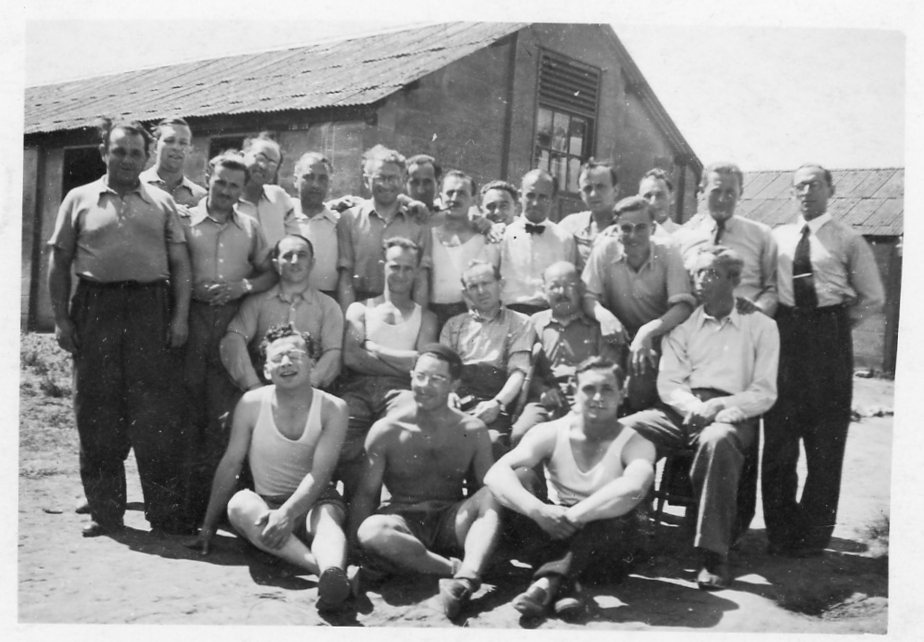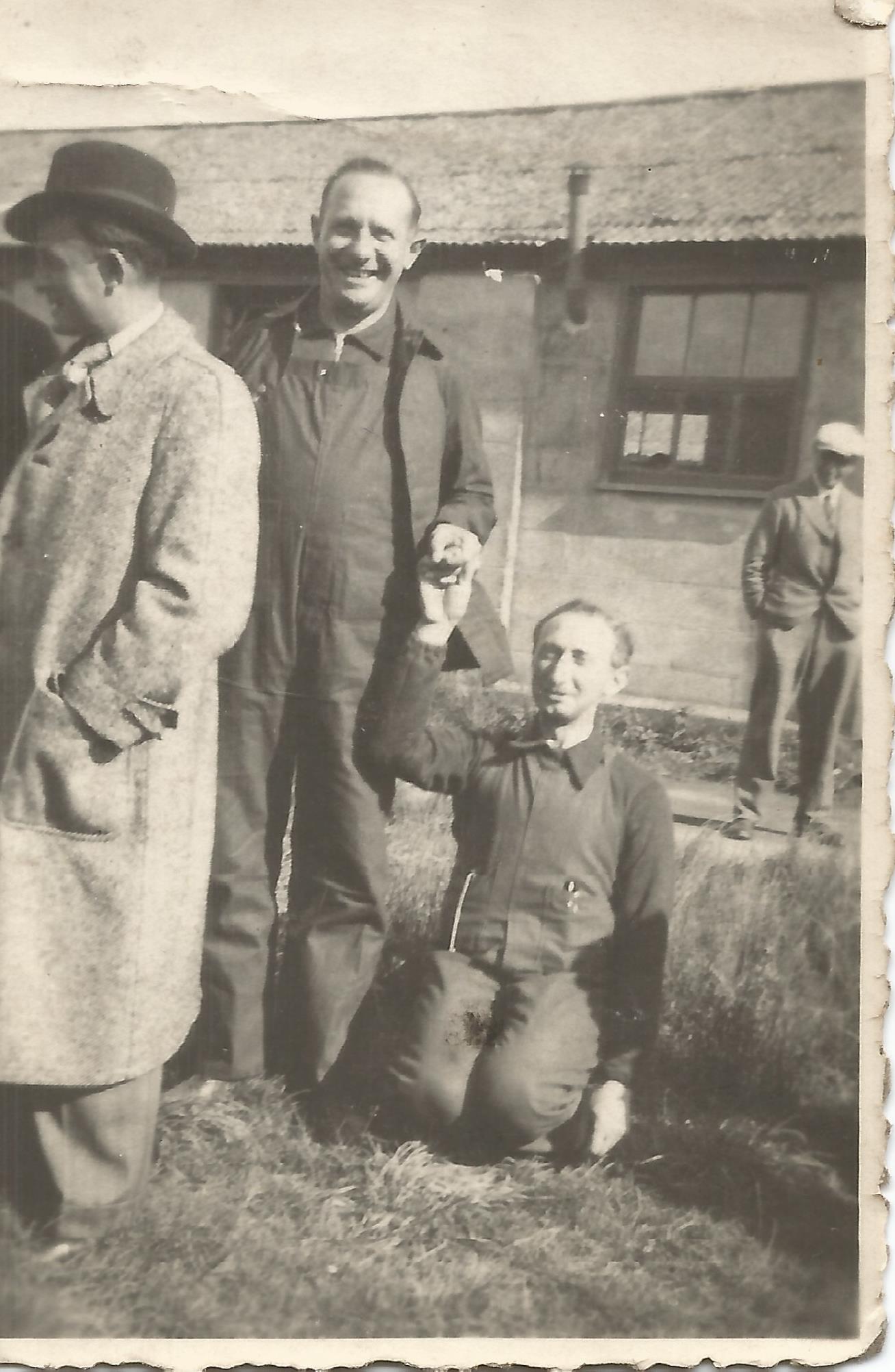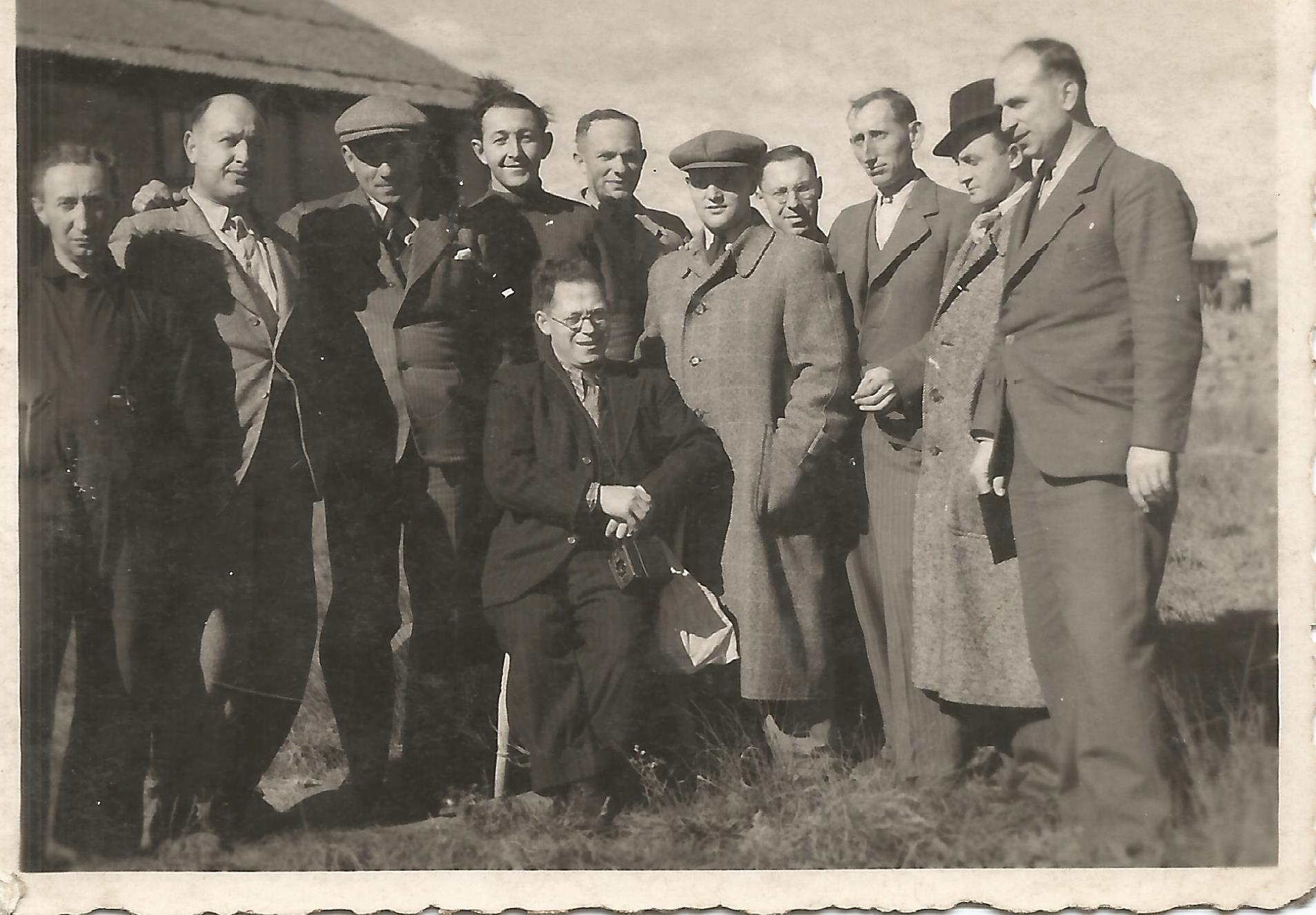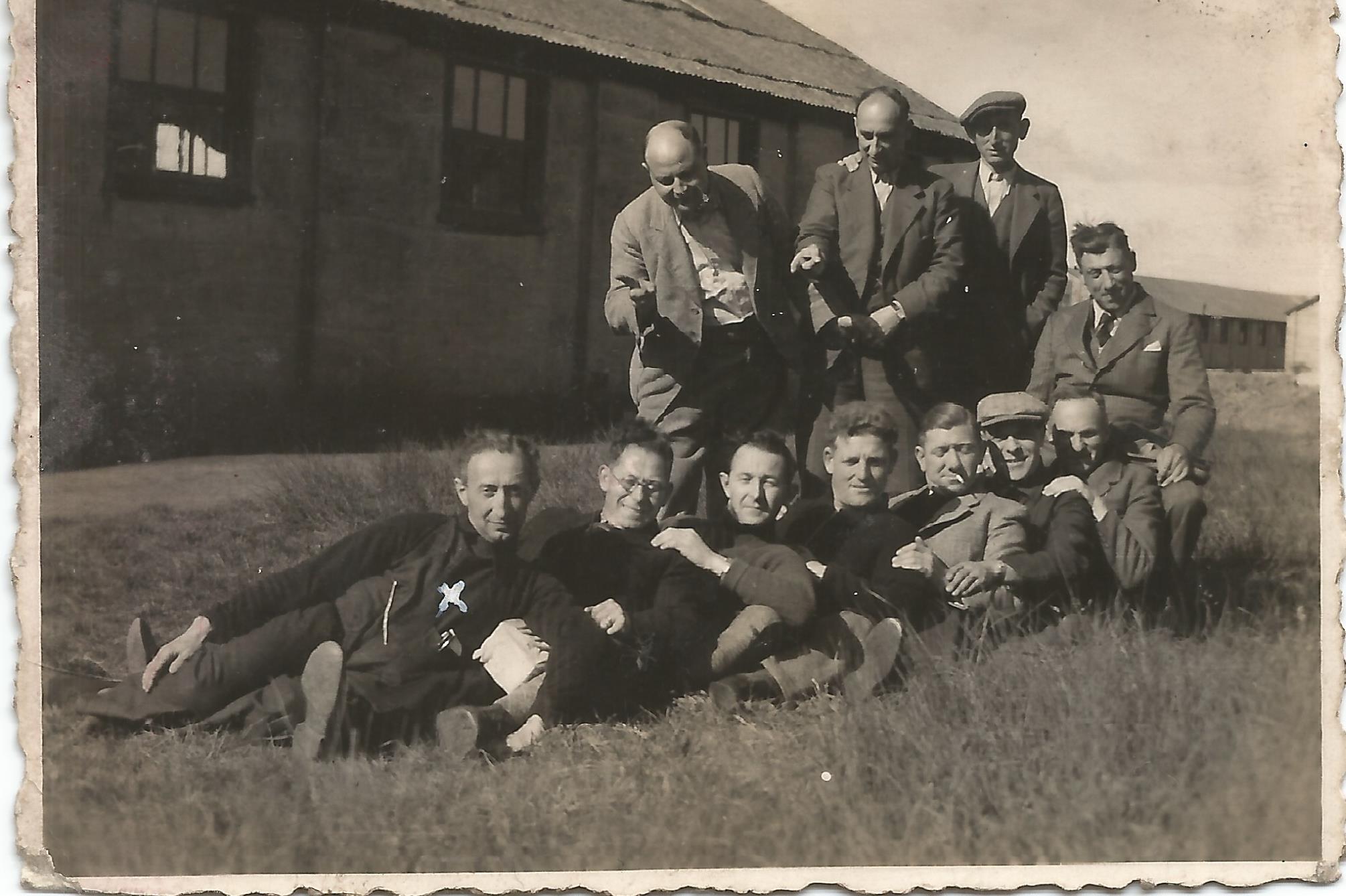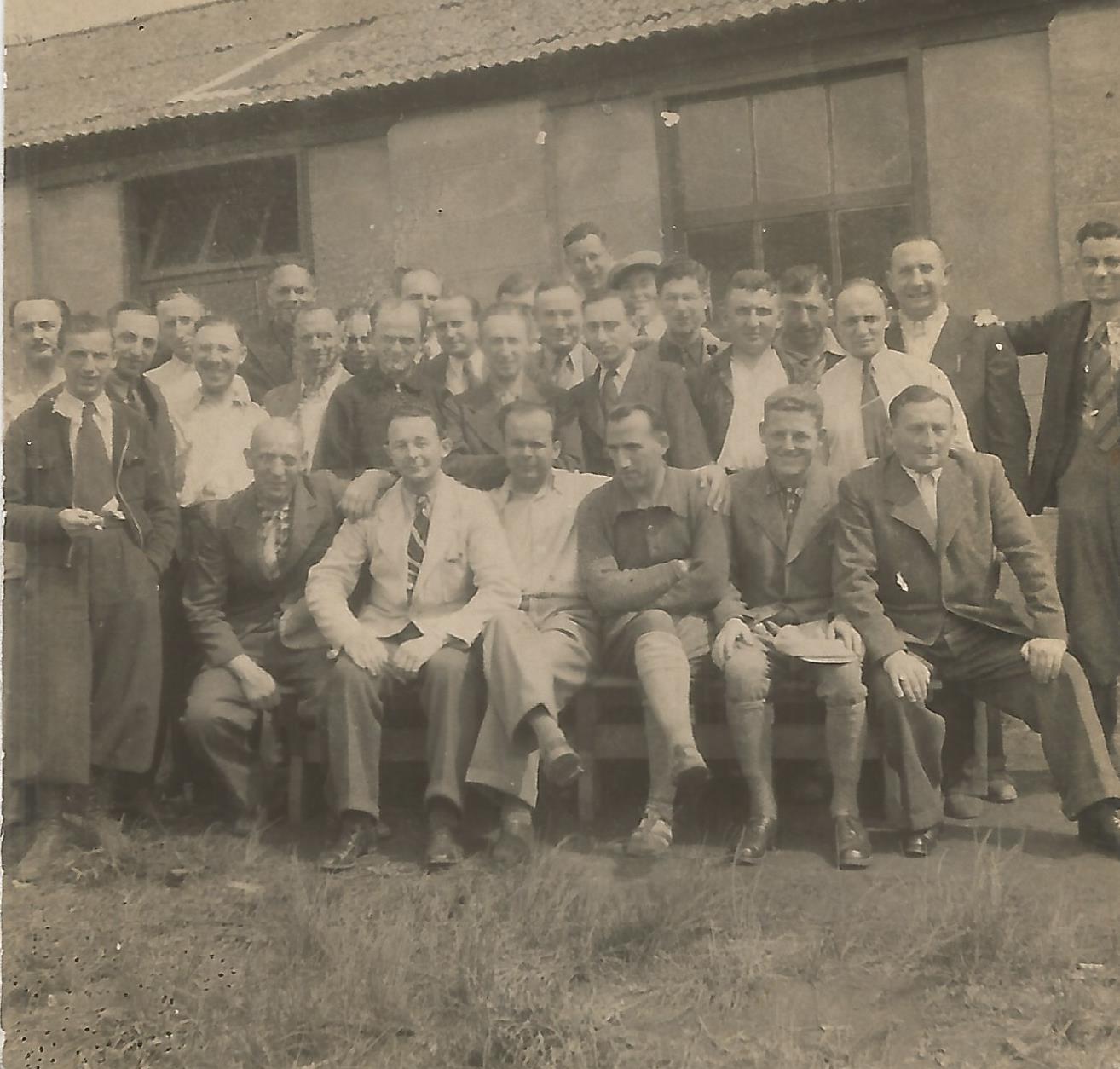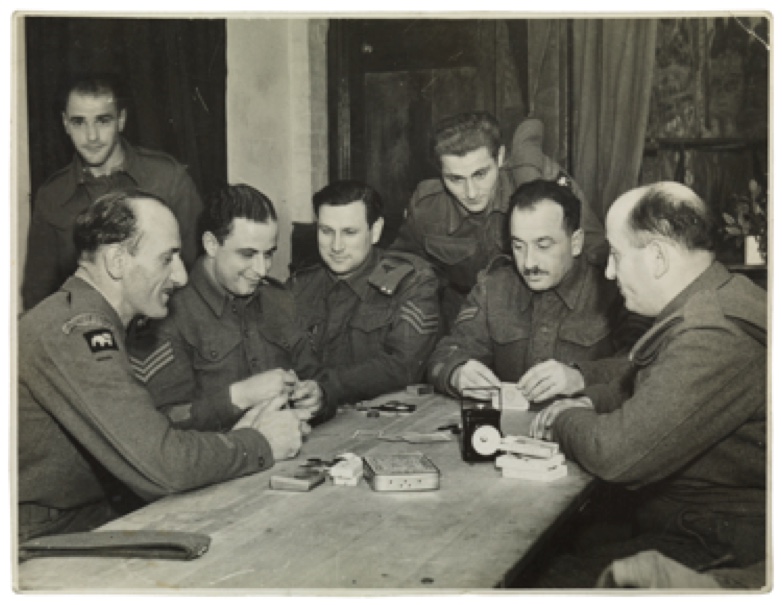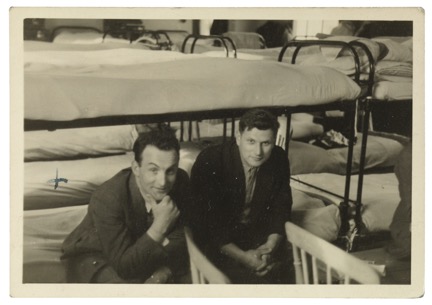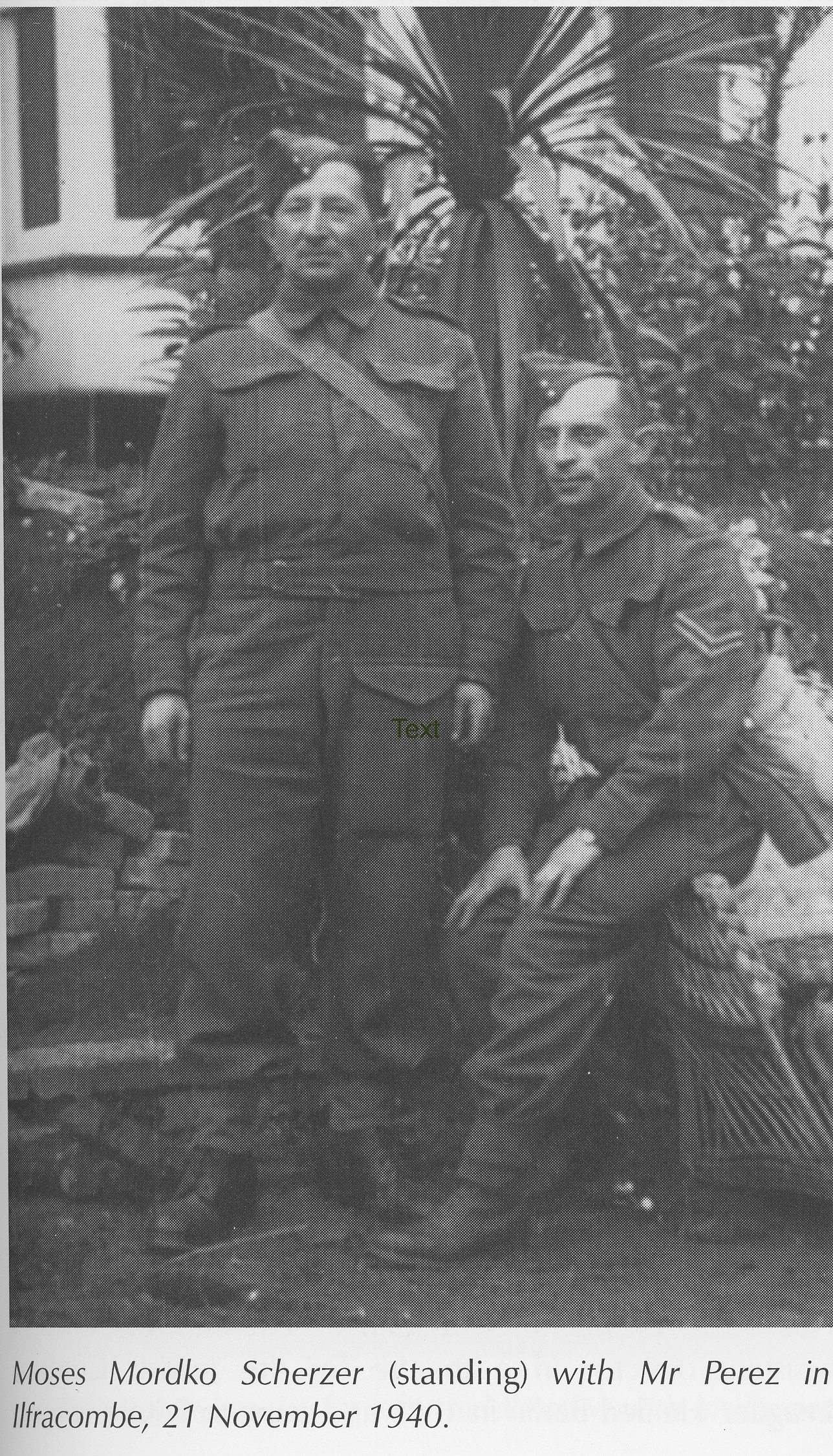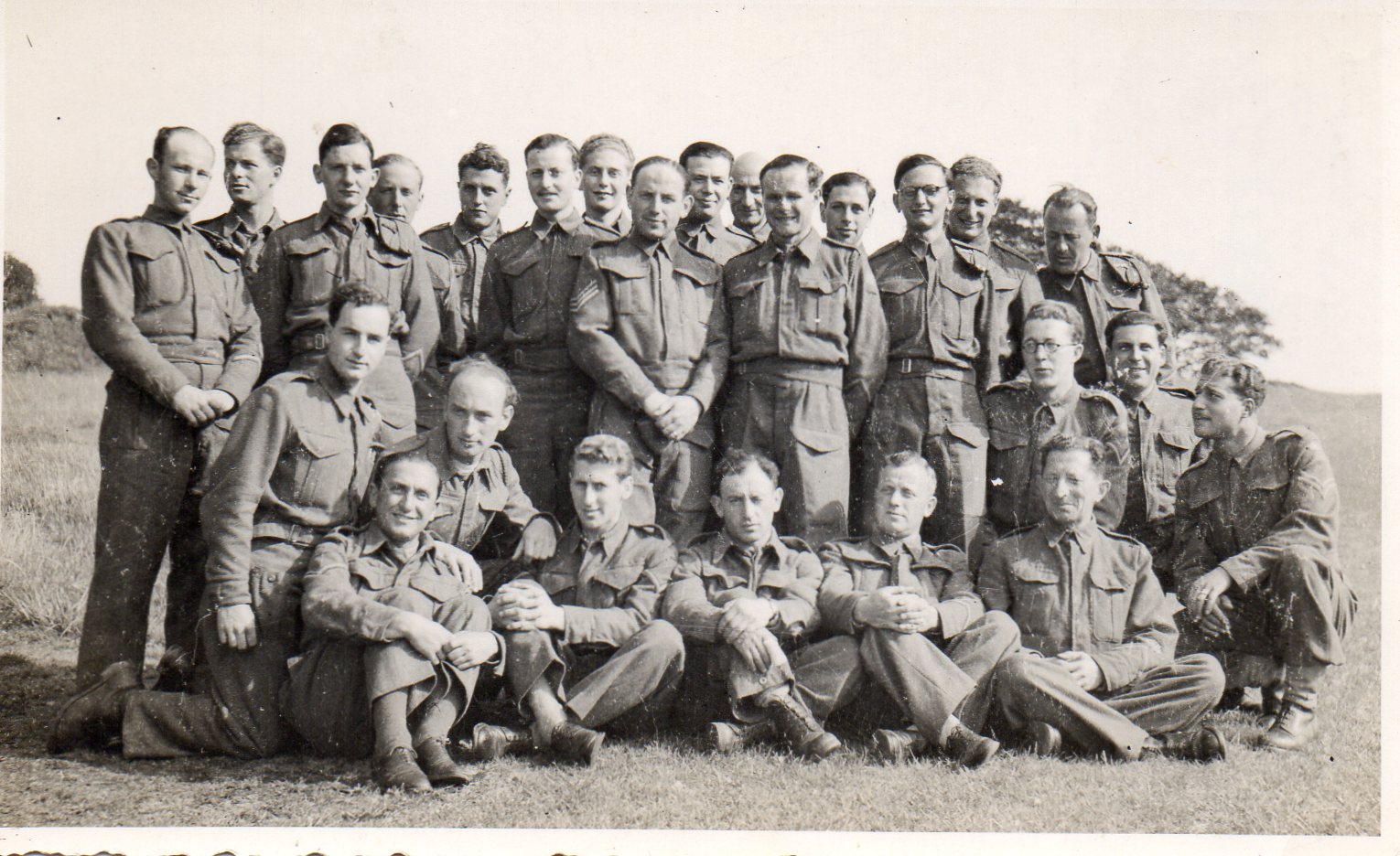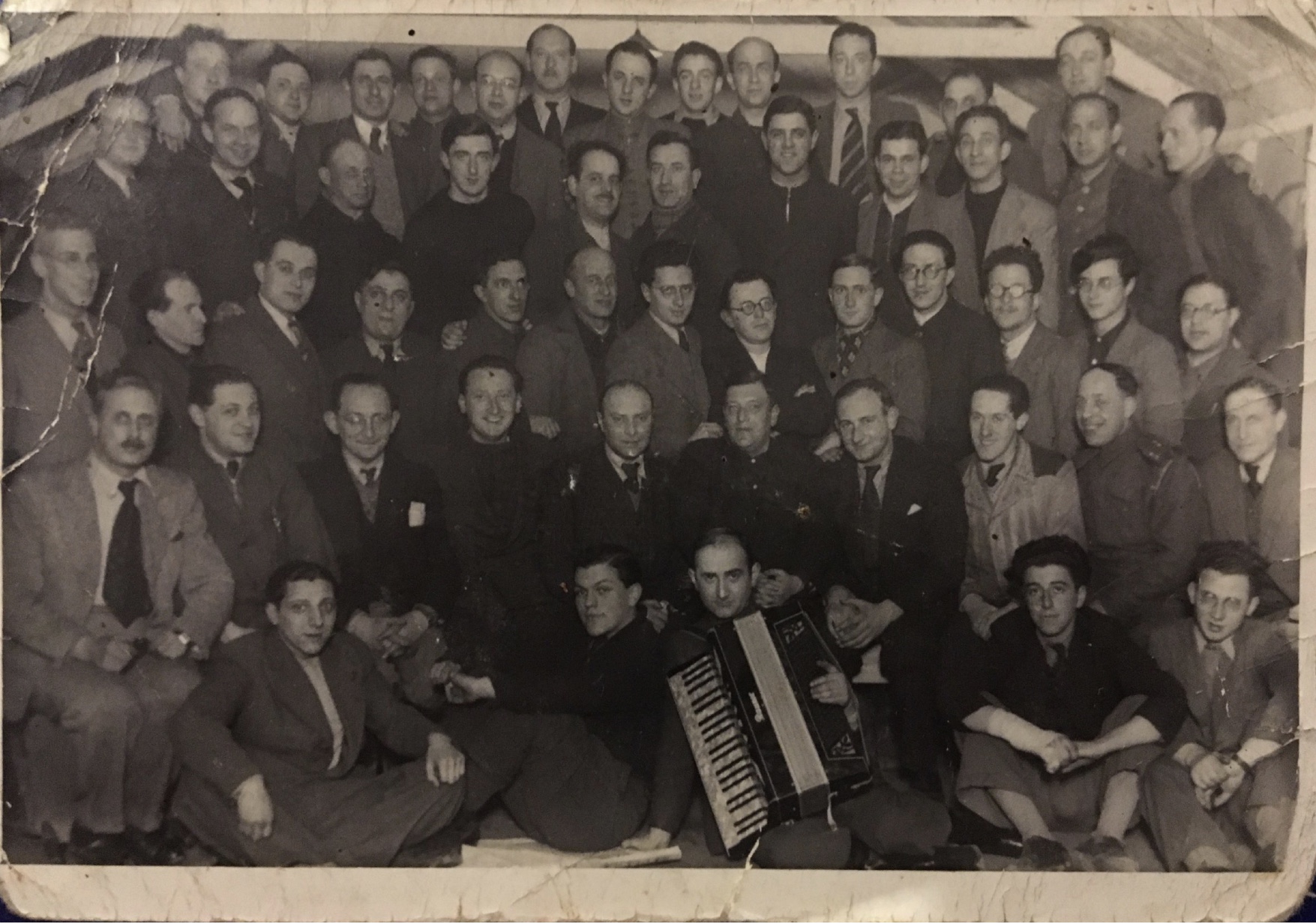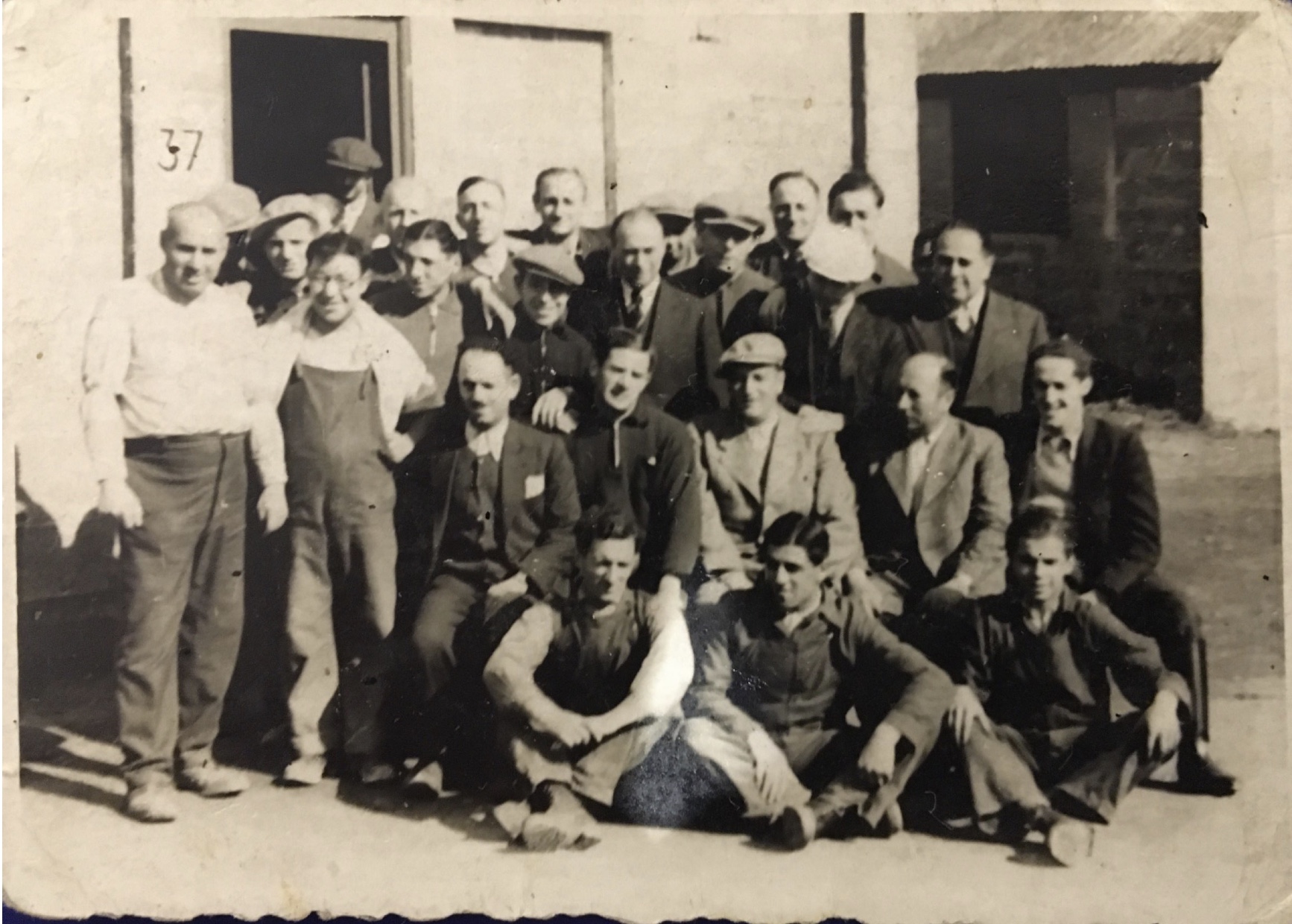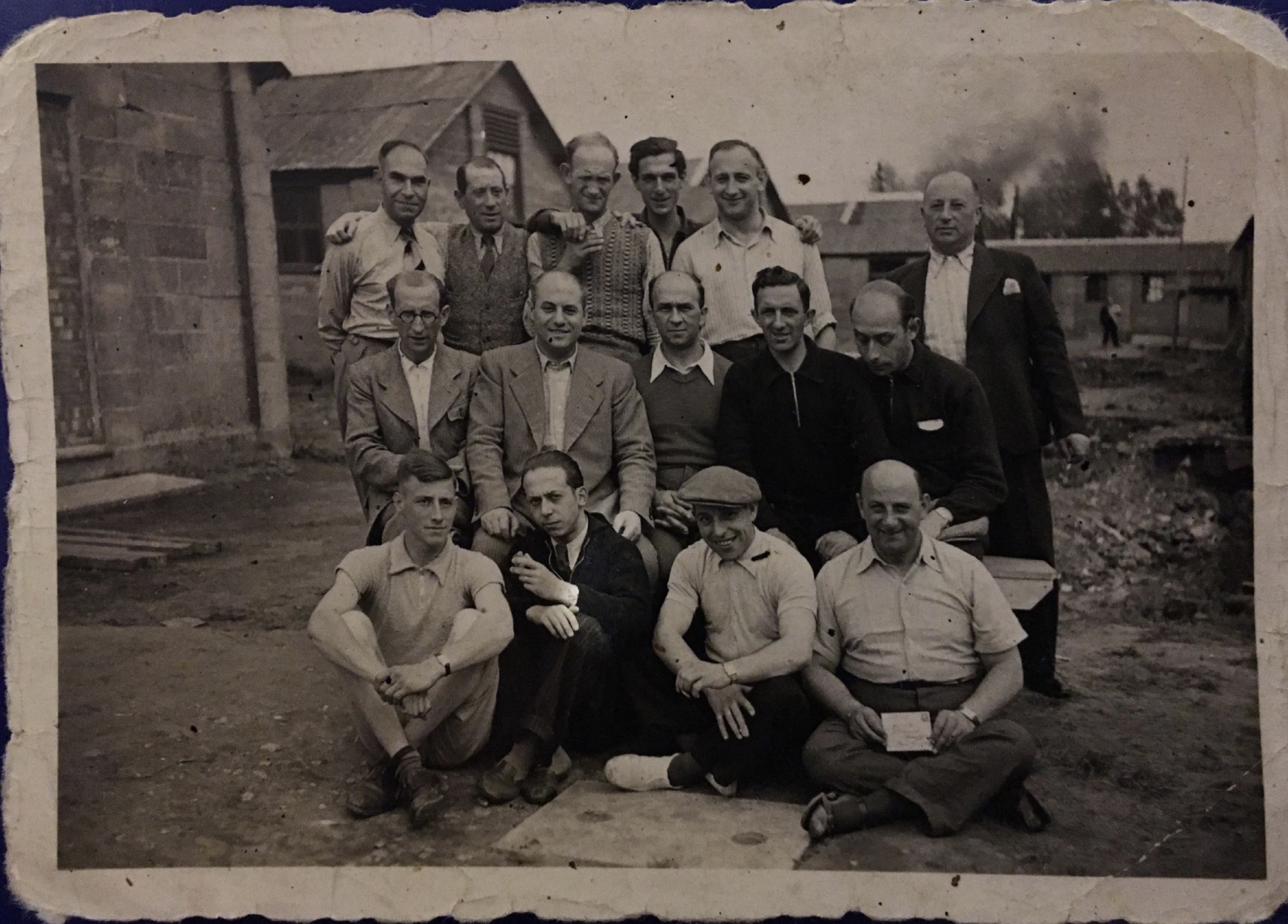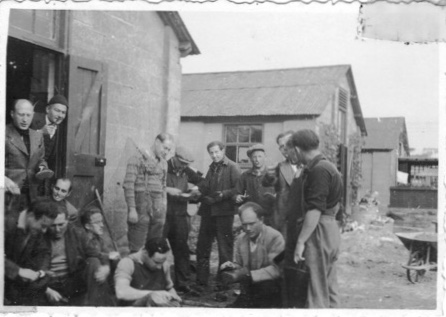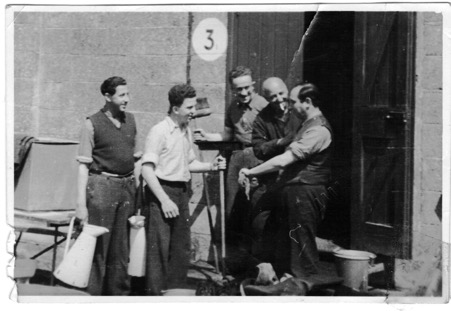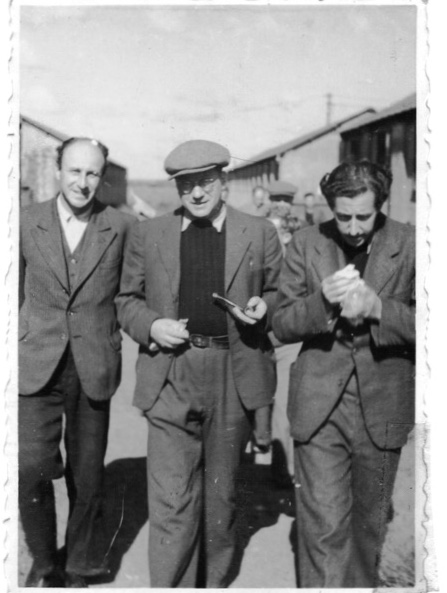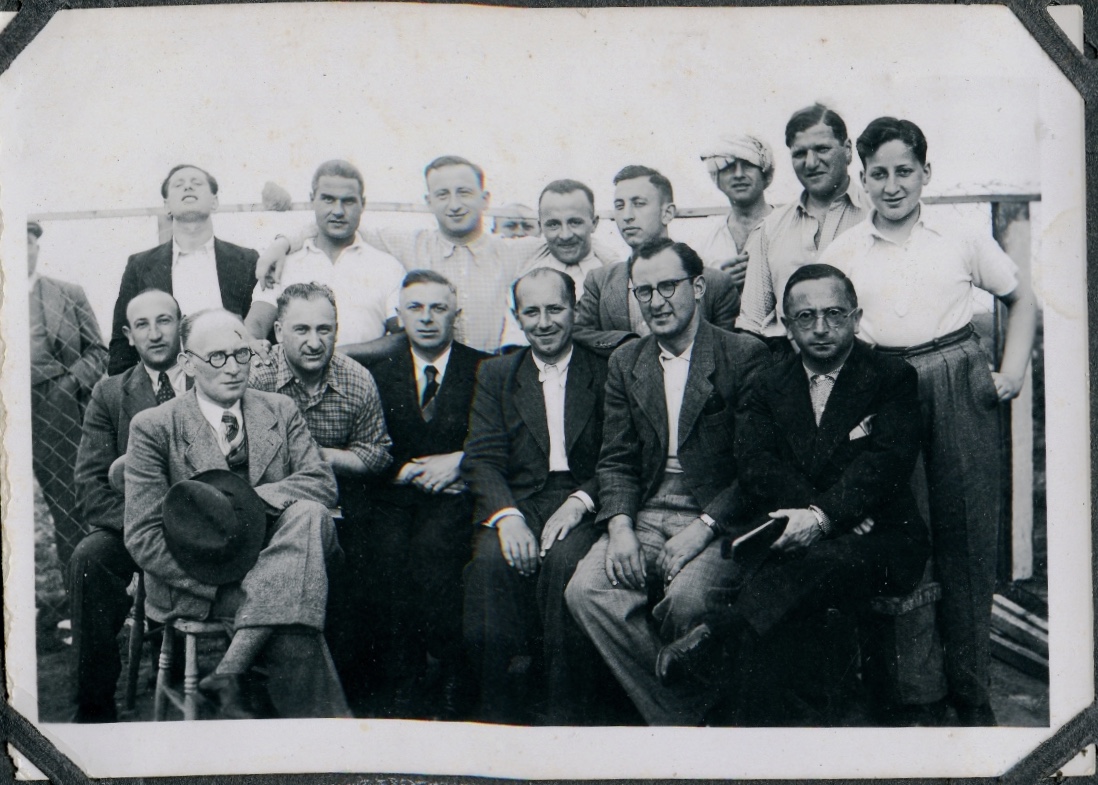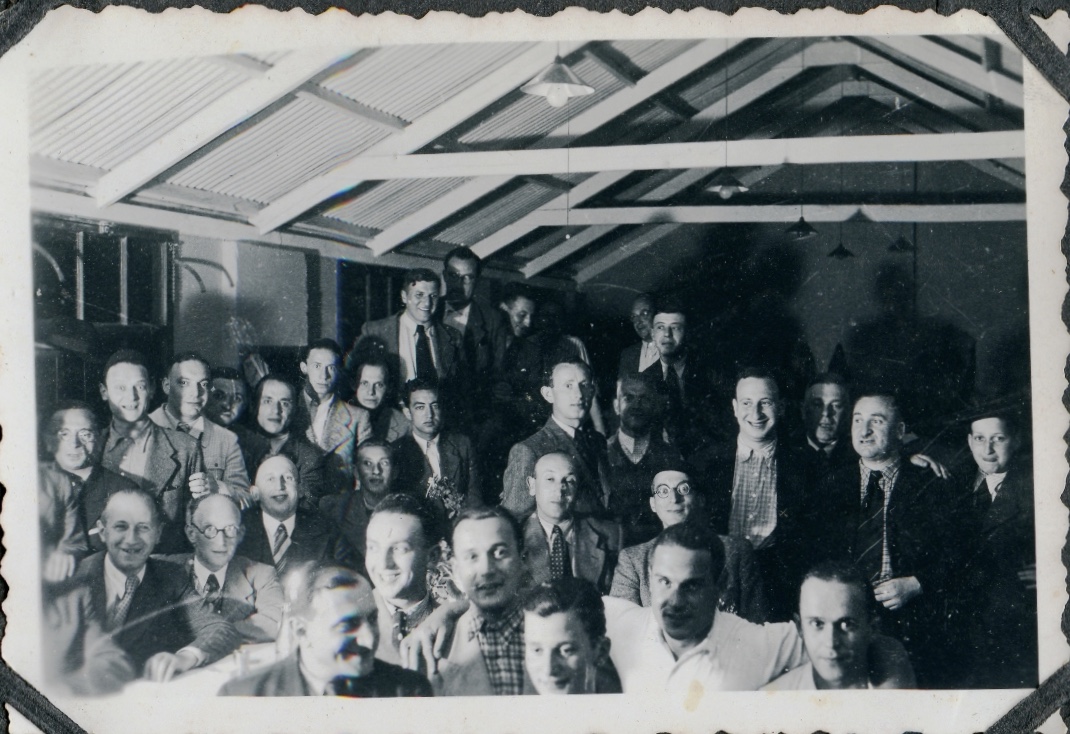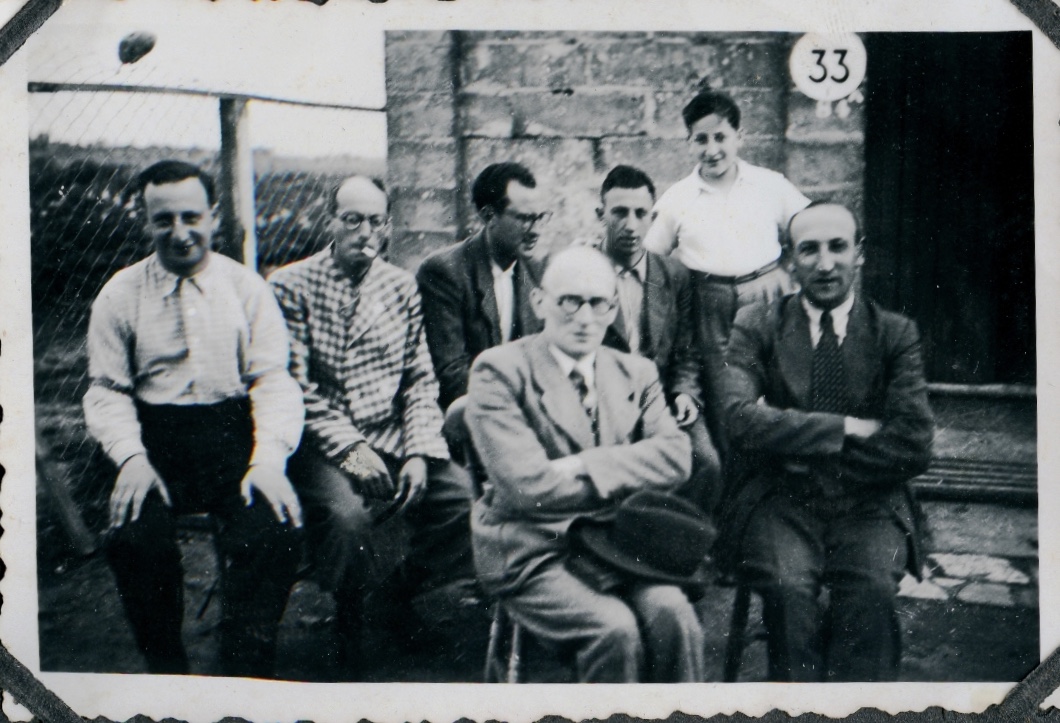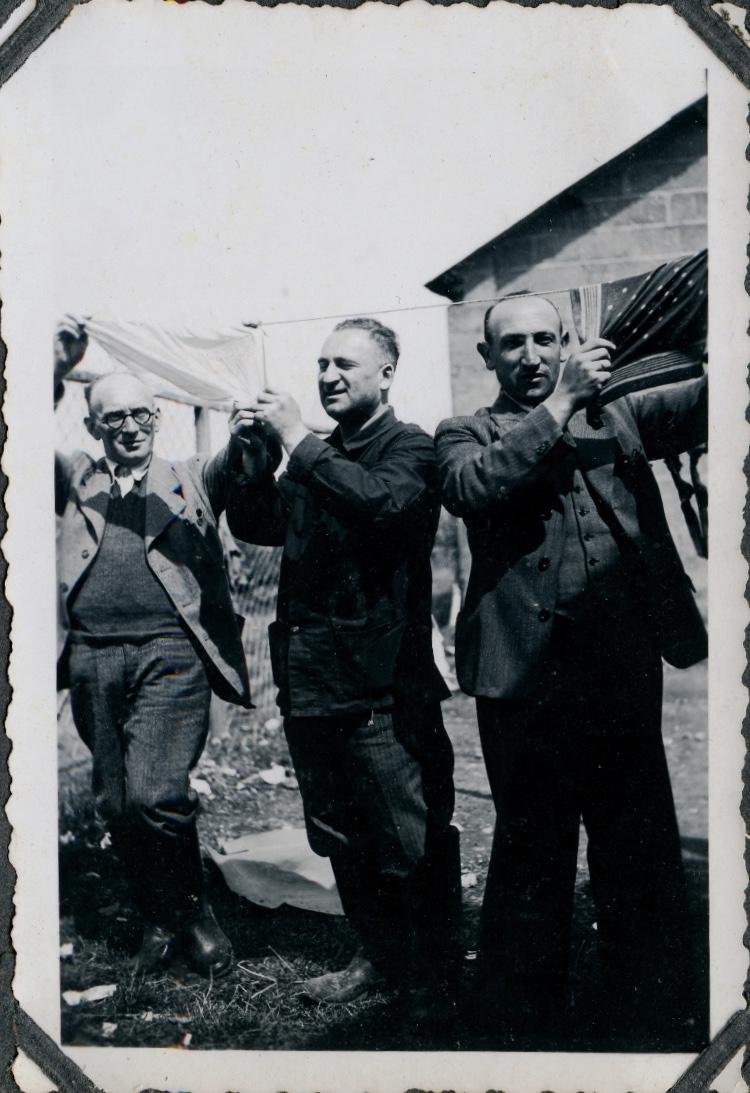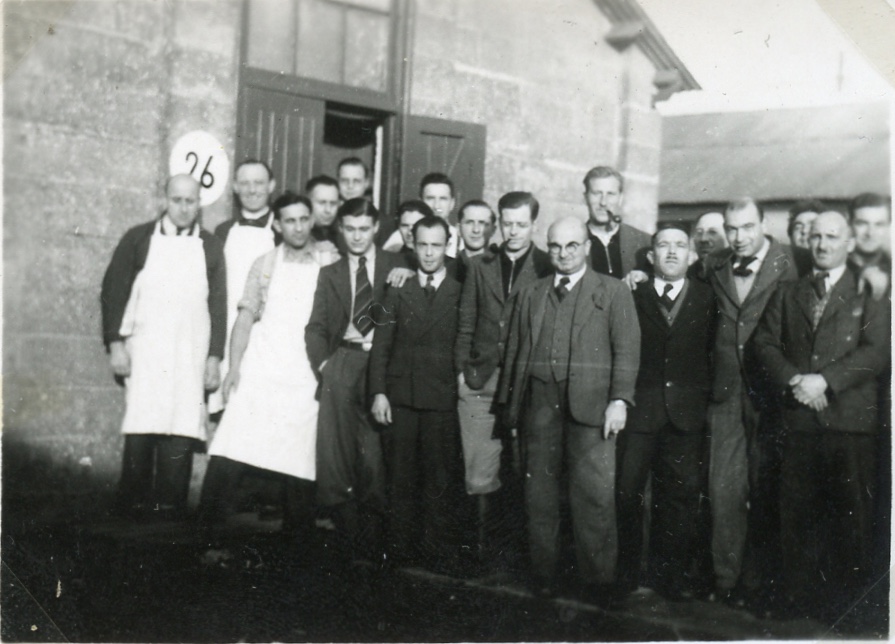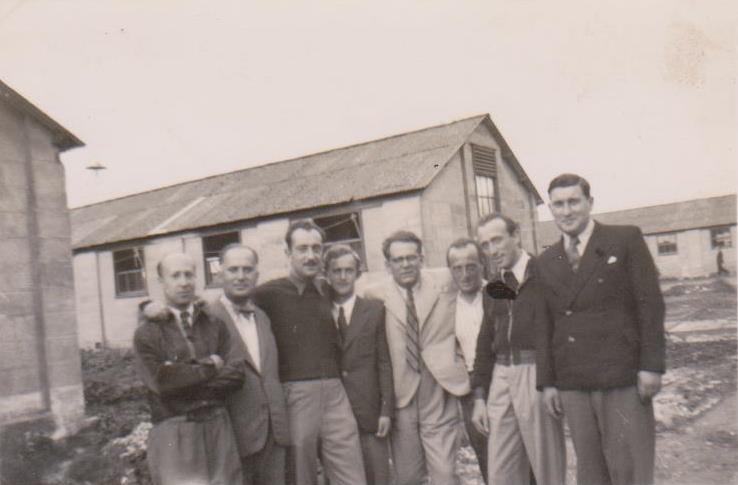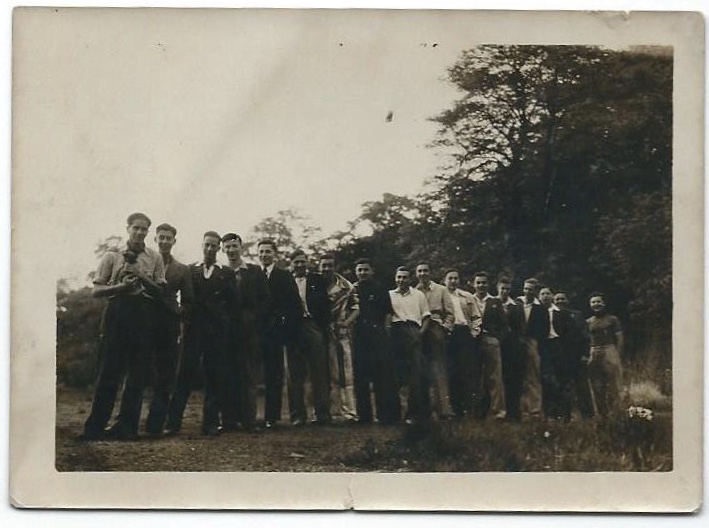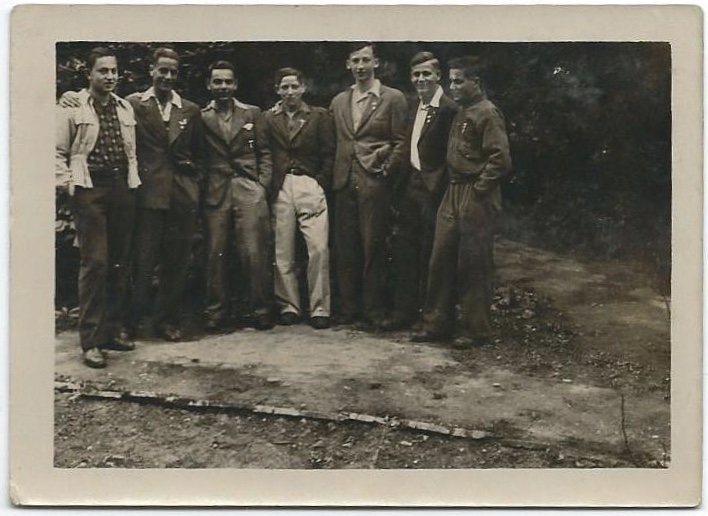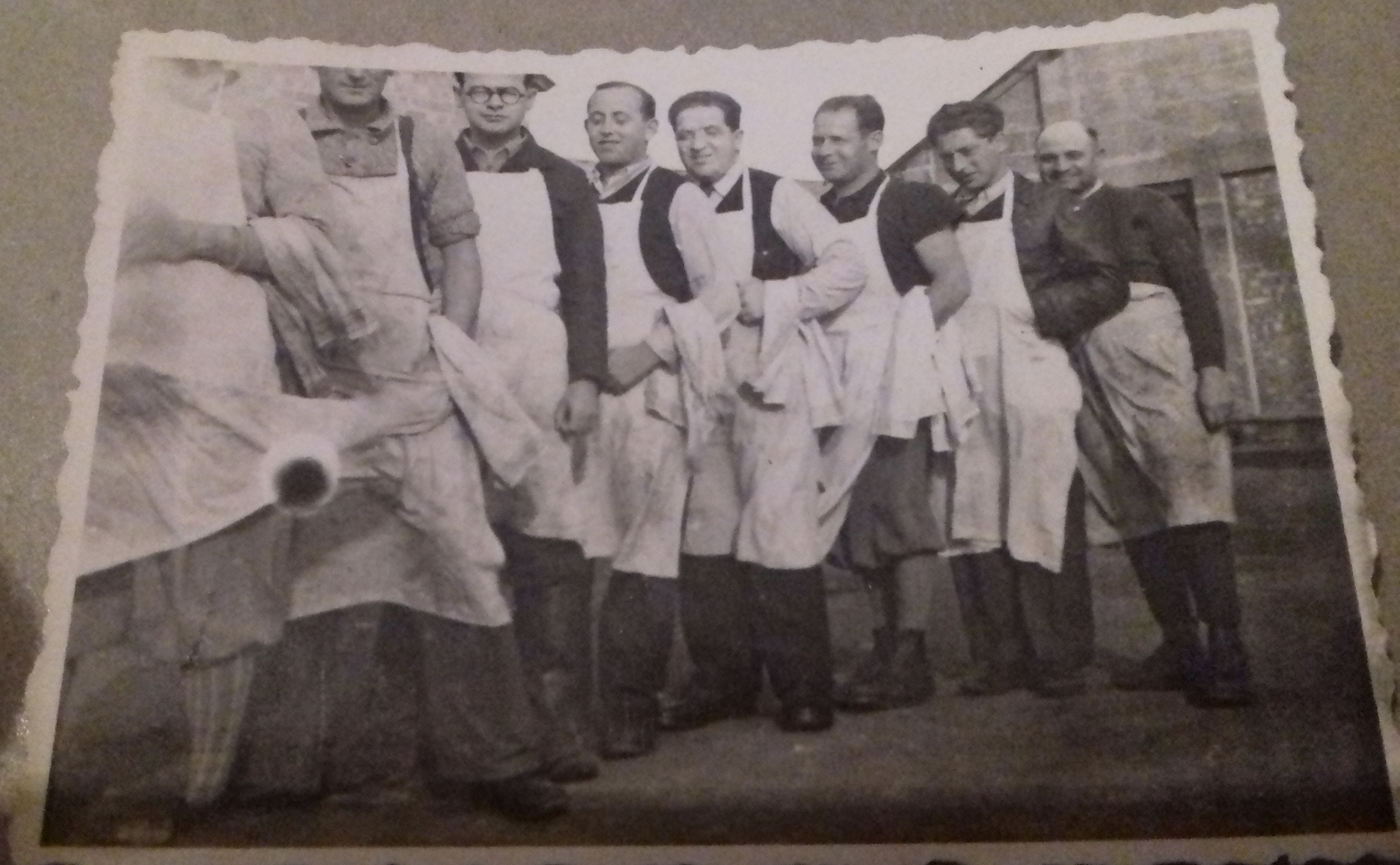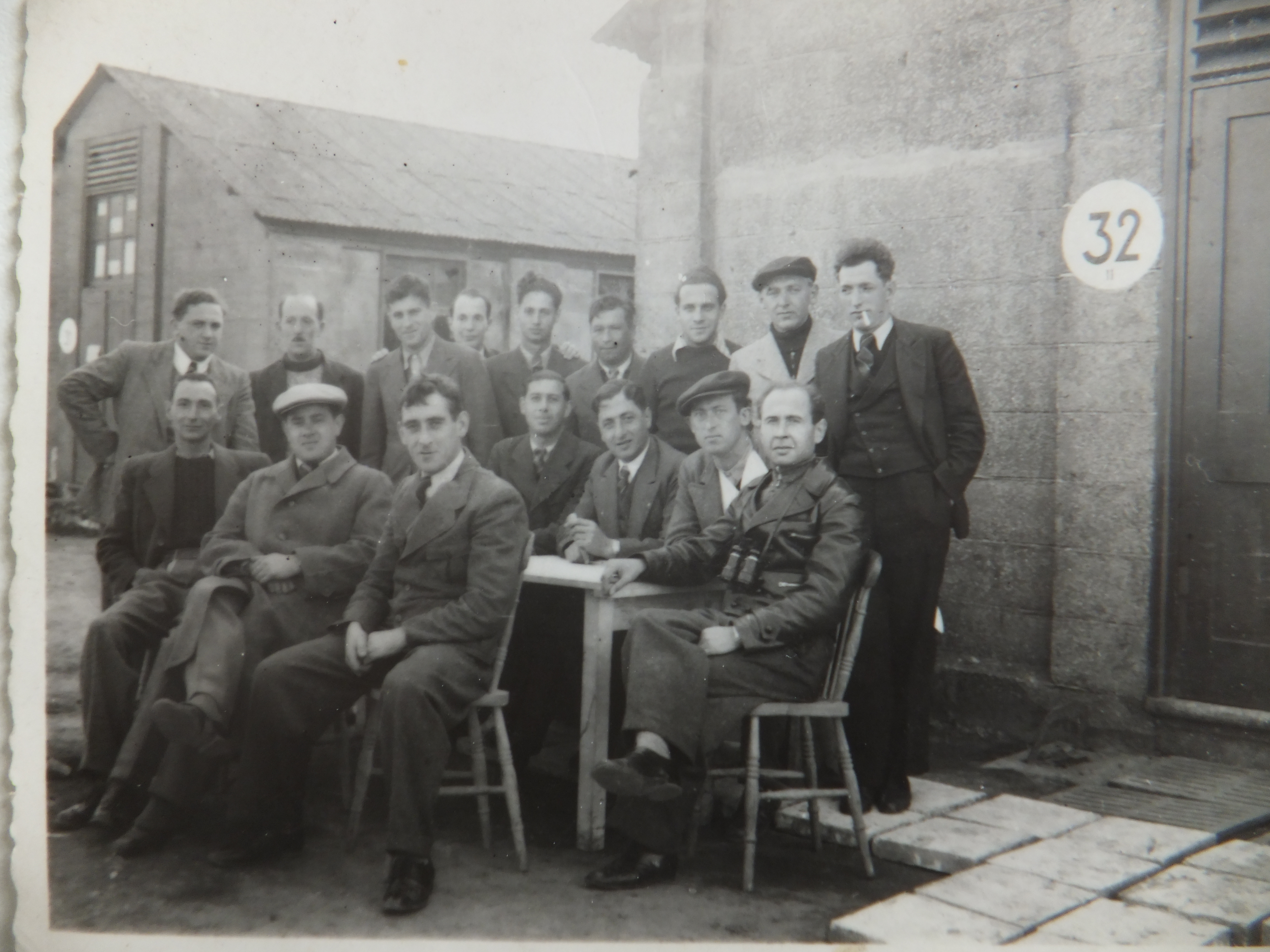Kent, Summer 2017
In a small town in England recently there was a quietly remarkable meeting.
The group that met was formed of some descendants of refugees who had found safe haven in Britain in 1939.
The refugees – mostly Jewish men between the ages of 17 and 45 – survived the war because they had been allocated a much-coveted place at Kitchener ‘transit’ camp.
And in 2017 their descendants gathered together to commemorate this survival.
Over the short time it was open, from January 1939, Kitchener camp gradually housed up to 4,000 refugees from Germany, Austria, and Czechoslovakia.
After World War II began in September 1939, the camp became, in part, a Pioneer Corps training camp; Kitchener was finally closed down in May 1940.
Many of these refugees went on to join the Pioneer Corps, and they fought for the Allied forces throughout the remainder of the war.
Most would never see their families again.
However, the group of descendants who met in Kent is testament to a story of survival – albeit in the midst of incalculable loss. Because of the opportunity offered by the camp, new families were later formed – with wives, children, and grandchildren, and even some great-grandchildren by now, perhaps.
Thus, the requirement to always acknowledge and remember the immense loss of those long, terrible years, is accompanied here by an important acknowledgement that there were some survivors among people who had been marked for annihilation.
It is difficult to know how to summarise what this means, in the context of the Shoah.
The enormity of the loss among the families of these men – and among the countless families where there simply were no survivors – means we must retain a keen understanding that short statements and summaries are fraught with difficulty.
Is it possible – or even desirable to try – to make something meaningful out of so much loss?
And yet – there we were, more than 70 years later, in the Sandwich sunshine: a few of the family members who are alive today because of Kitchener camp.
SANDWICH GUILDHALL PROJECT NEWS
AUGUST 2017
On Sunday 16th July the museum welcomed descendants of the Jewish refugees who came to Sandwich during 1939 to flee Nazi persecution in Germany.The visit was organised by Stephen Nelken and local author Clare Ungerson, whose book ‘Four Thousand Lives: The rescue of German Jewish men to Britain, 1939’ covers the history of the event. The visitors came to the museum for a tour and to see a slideshow of photographs from the Kitchener Camp from the archives collection. They brought their own documents and photos to be scanned and added to the collection, which will form part of a special exhibition in early 2018.
Sandwich Guildhall Project News is produced by Dover District Council and edited by Community Development Officer Hannah Batley
